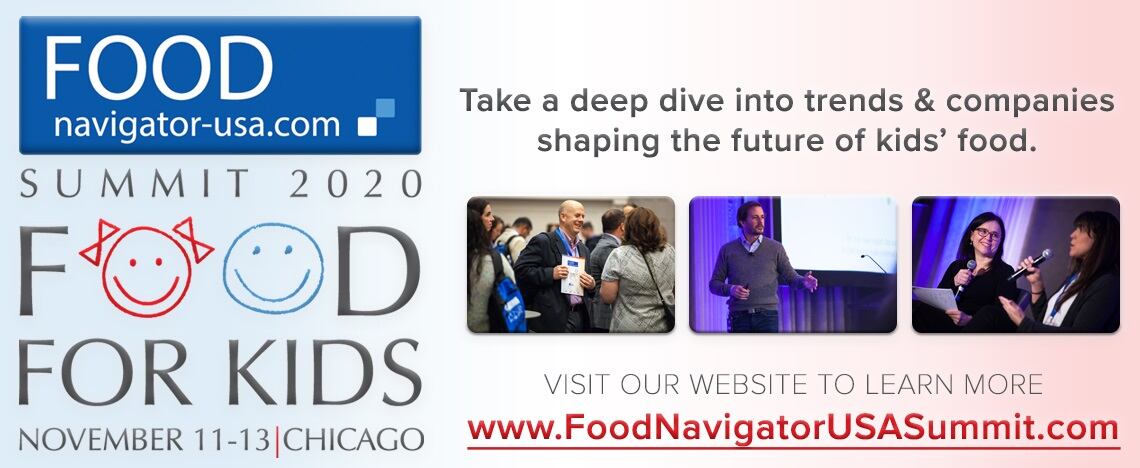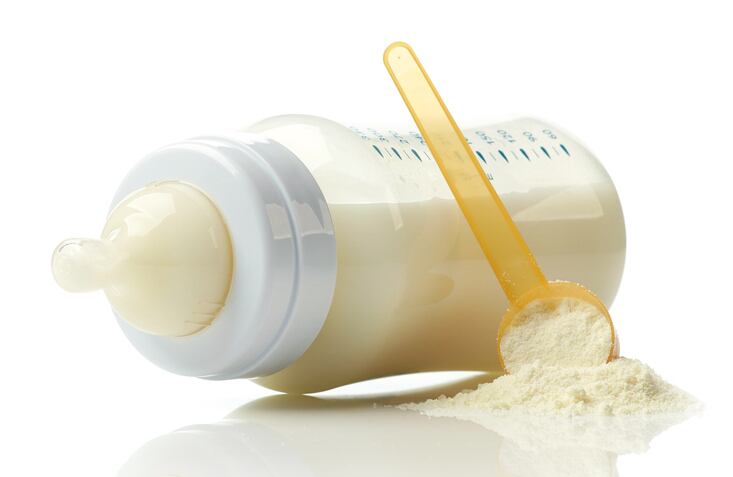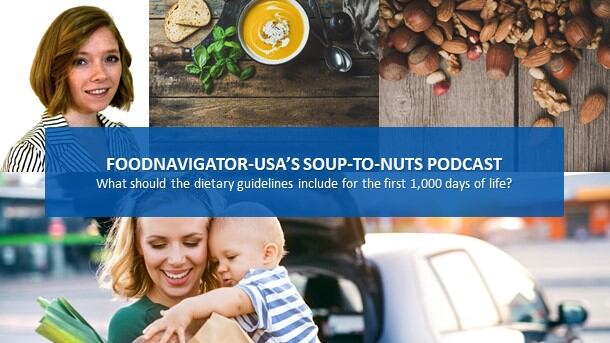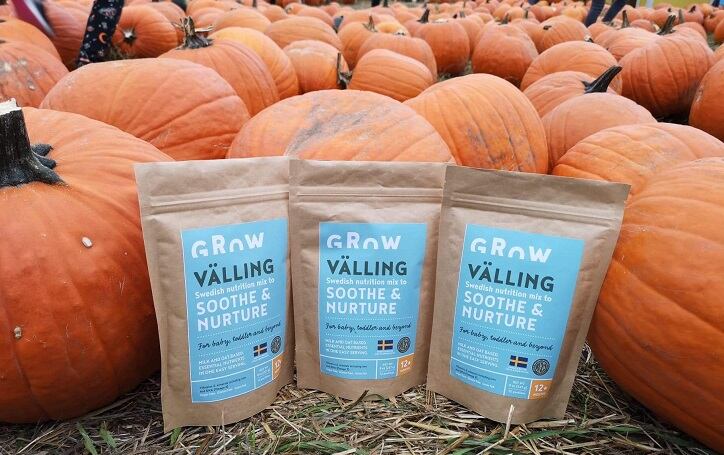In a study released today in the Cambridge University Press’s Public Health Nutrition journal, researchers also ask health care and nutrition professional organizations, providers and public health advocates to better educate parents about what young children should and should not drink.
The authors blunt calls-to-action follow their review of US Nielsen retail scanner sales and advertising of eight toddler milk brands and seven infant formula brands from 2006 to 2015.
The analysis of 117.4 million associated universal product codes revealed “advertising spending on toddler milks increased four-fold during this 10-year period, and volume sales increased 2.6 times.”
Specifically, the study shows that total advertising spending on toddler milks “increased dramatically from 2006 to 2015, from less than $5 million annually in 2006-2008 to more tan $20 million in 2013-2015.” During this time, annual volume sales of toddler milk increased 158% from 47 million ounces in 2006 to 121 million ounces in 2015.
“Toddler milk dollar sales increased at a somewhat lower rate of 133% (from $39 million to $92 million), due to a decline in average price from $.84/oz in 2006 to $.76/oz in 2015,” the study added as an explanation for why it tracked volume sales rather than dollar sales.
Toddler milks’ nutritional value falls short of cow’s milk
The researchers argue that the “rapid sales increase in the United States” of toddler milks, which they attribute to “aggressive marketing,” is problematic in part because most toddler milks designed for children 12 to 36 months old are less nutritious than whole cow’s milk. The study notes that most toddler milks “consist primarily of powdered low-fat milk, corn syrup solids or other caloric sweeteners, and vegetable oil.” In general, they also offer less protein and more sodium than plain whole cow’s milk, according to the study.
The study adds that “providing these sweetened drinks does not conform with recommendations that children under the age 2 should not consume any added sugar,” and “serving them may also contribute to conditioned preferences for sweet drinks over plain drinks, including plan milk and less-sweet foods.”
Packaging misleads, confuses caregivers
The research also suggests that the packaging, which contains numerous unsupported nutrition-related and child-development claims, “may mislead caregivers to believe that toddler milk provides benefits for their child’s nutrition and development.”
Similarly, it adds, the way that toddler milk packages are designed to mimic infant formula confuses parents – misleading them to believe that they are highly regulated in the same way as infant formula, when in fact they are not.
“Of note, the United States is one of just 30% of countries that have not adopted any provision of” the World Health Assembly resolution 69.9 passed in 2016 that brought toddler milk under the definition of Breastmilk Substitutes, which cannot be directly marketed to consumers, according to the study.
“The WHO has stated that marketing of toddler milks ‘undermines progress on optimal infant and young child feeding,’” according to the study, which adds that this sentiment is echoed by recommendations by the American Academy of Family Physicians, the American Heart Association and more recently a joint statement by nutrition experts that bluntly urges caregivers not to give children toddler milks.
Could increased regulations be on the horizon?
Given the dramatic increase in advertising and consumption of toddler milks, the study advocates that the US reverse course and enact the resolution so that toddler milks cannot be advertised directly to consumers.
The study also encourages “government agencies … monitor serving of these products (e.g., through NHANES), set guidelines and goals for reducing their consumption,” such as in the upcoming 2020-2025 Dietary Guidelines for Americans, which will for the first time include recommendations for children under 2 years, and finally “educate caregivers through nutrition education programs,” such as Women Infant and Children Supplemental Nutrition Assistance Program or Head Start.
In addition, the study urges FDA to “establish a statement of identity and other labeling requirements for toddler milks, to address consumer confusion about these products.” While at the same time, it recommends, the Federal Trade Commission and state attorneys general consider “action to address false, unfair and deceptive marketing practices” by the makers of toddler milks.
[Editor’s note: If you are interested in exploring children’s nutrition or how to safely market children’s foods & beverages, join FoodNavigator-USA in Chicago in November for our third annual Food For Kids Summit.]





